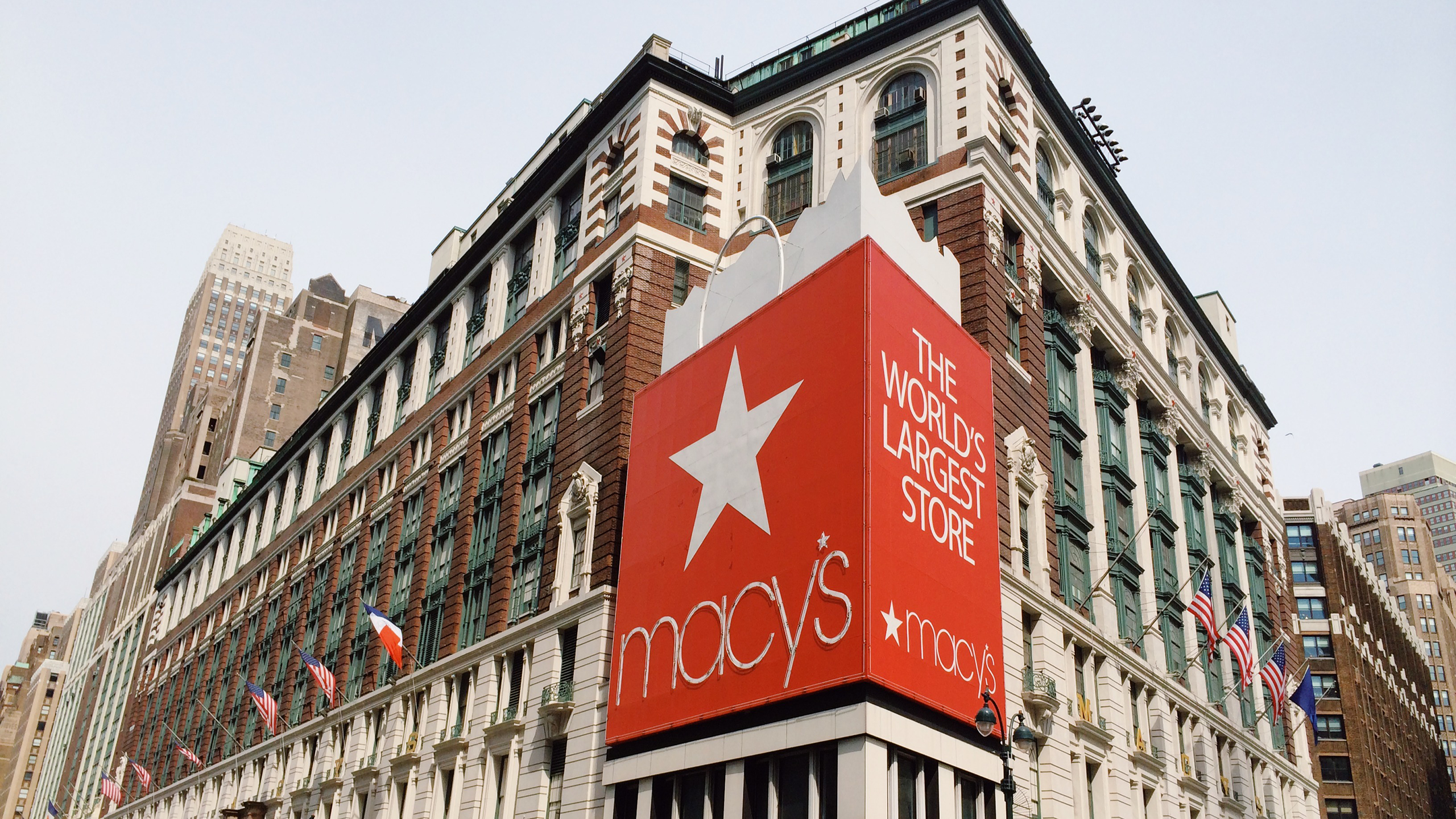Macy’s Rejects $5.8 Billion Buyout Offer
The retailer questioned how the proposed deal would be financed, but it may just be delaying the inevitable.
Sign up for smart news, insights, and analysis on the biggest financial stories of the day.
Arkhouse Management and Brigade Capital Management learned the hard way that going to the mall on a first date is never a good idea.
On Monday, Macy’s announced it had turned down a $5.8 billion take-private offer from the two partnered activist investment firms, citing financing concerns. But that doesn’t necessarily mean the department store giant is waving away all window-shoppers.
Let’s Go Mall Shopping
It hasn’t exactly been glory days for Macy’s. Last week, the company announced it would lay off about 2,350 employees — or roughly 13% of its corporate staff, and about 3.5% of its workforce overall. Additionally, the brand, which also owns Bloomingdale’s, announced it would be closing five locations.
But Arkhouse and Brigade still see opportunity, likely due to the company’s expansive real estate portfolio (Arkhouse, in particular, is a real estate-focused firm). The chain outright owns 316 of its 772 stores, and analysts project that the stores could be worth anywhere between $7.5 billion and $11.6 billion, according to CNBC. That could explain why Macy’s is hitting back at the $5.8 billion offer with a firm “thank you, next”:
- Arkhouse and Brigade first submitted their proposal in December, offering to buy all the shares they didn’t already own at $21 per share, or about a 32% premium on where shares had closed a day before.
- In a statement released Monday, Macy’s said that the two activist firms “failed to address its board’s concerns regarding Arkhouse and Brigade’s ability to finance their proposed transaction.”
“[Macy’s] likely see the real-estate focused approach of Arkhouse as wrong for the business — and, they have a point,” Neil Saunders, managing director of GlobalData, told ABC News. “Monetizing real estate with no focus on revitalizing the retailer and bolstering trading would produce short-term gains but severely weaken long-term prospects.”
It’s a Mall World, After All: Malls may be having a bit of a comeback due to one surprising consumer cohort: Gen Z. That’s according to a recent Los Angeles Times feature, which cites a 2022 market research report from CM Group that found 47% of 16-to-26 year olds prefer in-person shopping to online, more than any other generation. We suppose you can only order so many $7 polyester Shein shirts that don’t quite fit and immediately unravel at the smallest snag before you realize it’s better to just try things on at the mall.












